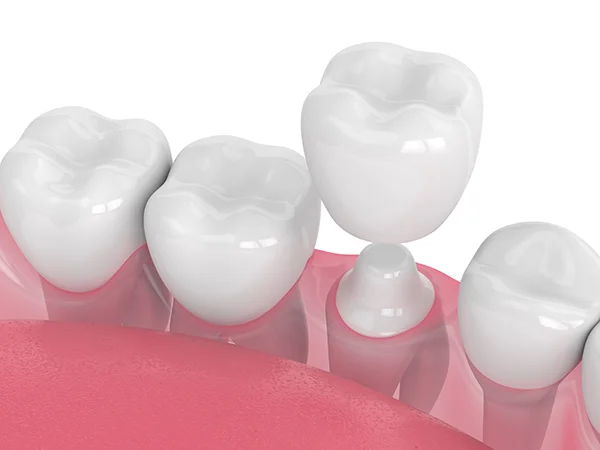Dental Crowns in Scottsdale Dental crowns are usually used to improve your overall teeth appearance. They can be applied after a root canal treatment or when your teeth have several cracks. Sometimes they are alternatively used for cosmetic purposes. If you are thinking of getting a dental crown, you can visit our GOREgeous Smiles office. Our dentists will give you more information about dental crowns and see what options are available to improve your dental condition. Dental crowns are usually used to improve your overall teeth appearance. They can be applied after a root canal treatment or when your teeth have several cracks. Sometimes they are alternatively used for cosmetic purposes. If you are thinking of getting a dental crown, you can visit our GOREgeous Smiles office. Our dentists will give you more information about dental crowns and see what options are available to improve your dental condition. Benefits of Getting Dental CrownsDental crowns are restorative oral options that help improve your smile by correcting tooth imperfections like discoloration and cracks. They can be made to match your overall look and provide you with a more natural-looking smile. Crowns are created from porcelain material and are stain resistant, which is why they can have a significant impact on your general appearance. Dental crowns also work by strengthening your teeth. They cover your weak tooth and provide it with the necessary strength. Apart from that, they protect the tooth from further decay that can potentially cause other serious infections. The good thing with crowns is they do not move around as dentures do. This means that dental crowns are comfortable to wear as they will stay where they are meant to be. How Are Dental Crowns Placed?Dental crowns can be placed for restorative or cosmetic purposes. The dentist will first begin by preparing your tooth. We will reshape it to create room for the permanent crown. But instead of using the permanent crown, we will fix a temporary crown to protect your teeth for a few days while preparing the permanent crown. Your dentist will then inform you when the permanent crown will be ready and when to come back in. We will remove the temporary crown and fix the permanent one in your second visit. The dental crown may be made of metal, porcelain, or metal fused with porcelain material. The material used for your dental crown will depend on your needs or the location of your teeth. For example, a dental crown made of both porcelain and metal is preferred for the molar teeth as they can withstand pressure and a lot of friction. How Should I Take Care of My Dental Crown?Dental crowns should be taken care of like permanent teeth. They need to be brushed at least twice daily to keep them in place. Also, sugary foods like candy should be avoided, and you should avoid using your teeth to open bottles and packages. Dental crowns can last from five to 15 years, but this usually depends on how well you take care of them. Good oral health practices can significantly help improve their lifespan. Also, frequent dental visits are essential in ensuring your crowns are in shape and free from any damage. Should I Get a Dental Crown?Dental crowns can be used temporarily or permanently to fix dental issues. They help improve your teeth and your smile. Apart from that, they can make chewing easy if you have dental issues as they boost the strength of your teeth. As long as you take proper care of them, they can last for a long time. For more information about dental crown visit us at GOREgeous Smiles or call us at 480-585-6225 to book an appointment. |